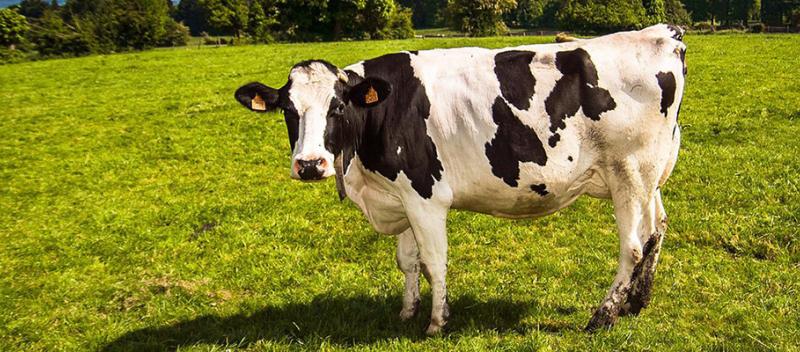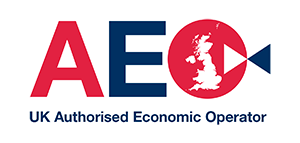
UPDATE 29/04/2022
The requirement for further Sanitary and Phytosanitary (SPS) checks on EU imports will no longer be required in 2022. This customs control requirement has been pushed back to the end of 2023.
Looking for ENS S&S GB changes? Read our other article
Last year we were helping you to prepare for the changes to customs procedures between GB and EU in January 2021. Now, customs rules are changing again. Making sure that you’re prepared and ready for all the EU to GB changes will certainly help you continue trading successfully. We have a team of customs experts on hand to help you. Let us help you get ready!
Importing or Moving Live Animals, Animal Products and High-Risk Food and Feed that is Not of Animal Origin
A lot of the new changes will affect this sector. It is vital that you are completely clued-up on all the amendments coming at the end of the year.
January 2022
POAO (Products of Animal Origin) imports will need a health certificate from the 1st January 2022. This allows for remote documentary checks, which will be conducted more efficiently and therefore more frequently. It will also be imperative that POAO imports are pre-notified by an importer utilising IPAFFS (import of animals, food and feed system). Any POAO imports that are under safeguard measures will be required to follow the rules as established in January 2021.From 1st January 2022, APB (Animal By-Products) must be accompanied by a health certificate, if available. If there is no health certificate you will be required to contact APHA (Animal and Plant Health Agency) to find out whether these goods will be able to travel under a licence and commercial document. It is important that you know which of these methods is required for your load. The importer will also need to pre-notify the movement of these goods with IPAFFS.
Importers of HRFNAO (High-Risk Food or Feed Not of Animal Origin) goods will need to use IPAFFS to submit their import pre-notifications prior to shipping their goods.
More information available in the UK Government Import or move food and drink from the EU and Northern Ireland to Great Britain guide.
WE ARE READY FOR THE NEW CONTROLS. WE CAN HELP YOU WITH IPAFFS FROM 1ST JANUARY. CONTACT OUR TEAM.
March 2022
From the 1st March 2022 , live animals (including equines) that are being imported into GB from the European Union will need to go through a series of checks, including documentary, identity and physical checks at the appropriate BCP in an established point of entry. The arrival of these goods must be pre-notified by the importer utilising IPAFFS. When they arrive, it is imperative that they are accompanied by a health certificate to allow for documentary checks to take place. All high-risk animals being imported to GB from the EU will be subject to checks, however the level of physical and identity checks on other animals will be based on assessments of both biosecurity and public health risks.
End of 2023
From the end of 2023, POAO and APB will be required to enter the UK at an established point of entry with an appropriate BCP (Border Control Post). You can check if your goods must be imported through a point of entry with a BCP by searching the CN code for your goods in Annex I to Regulation 2019/2007 or Decision 2007/275/EC.
Germinal products from the EU will be subject to new customs import requirements from the end of 2023 upon arrival within GB. These goods must be accompanied with a health certificate to enable them to have documentary checks. They will also be required to be pre-notified by the importer using IPAFFS prior to their arrival within Great Britain.
It is also vital that these goods enter at an established point of entry and go through a BCP, where they will be subject to documentary, identity and physical checks to ensure that everything is correct before they continue on towards their final destination.
The level at which the physical and identity checks will be carried out on goods that are imported to GB from EU member states will be based upon the assessments of the biosecurity and public health risks.
Starting the end of 2023, all HRFNAO imports must be pre-notified at least one working day prior to their arrival in Great Britain. These goods must also enter GB through a BCP in order for all of the necessary documentary, identity and physical checks to be carried out appropriately prior to the goods reaching their final destination.








